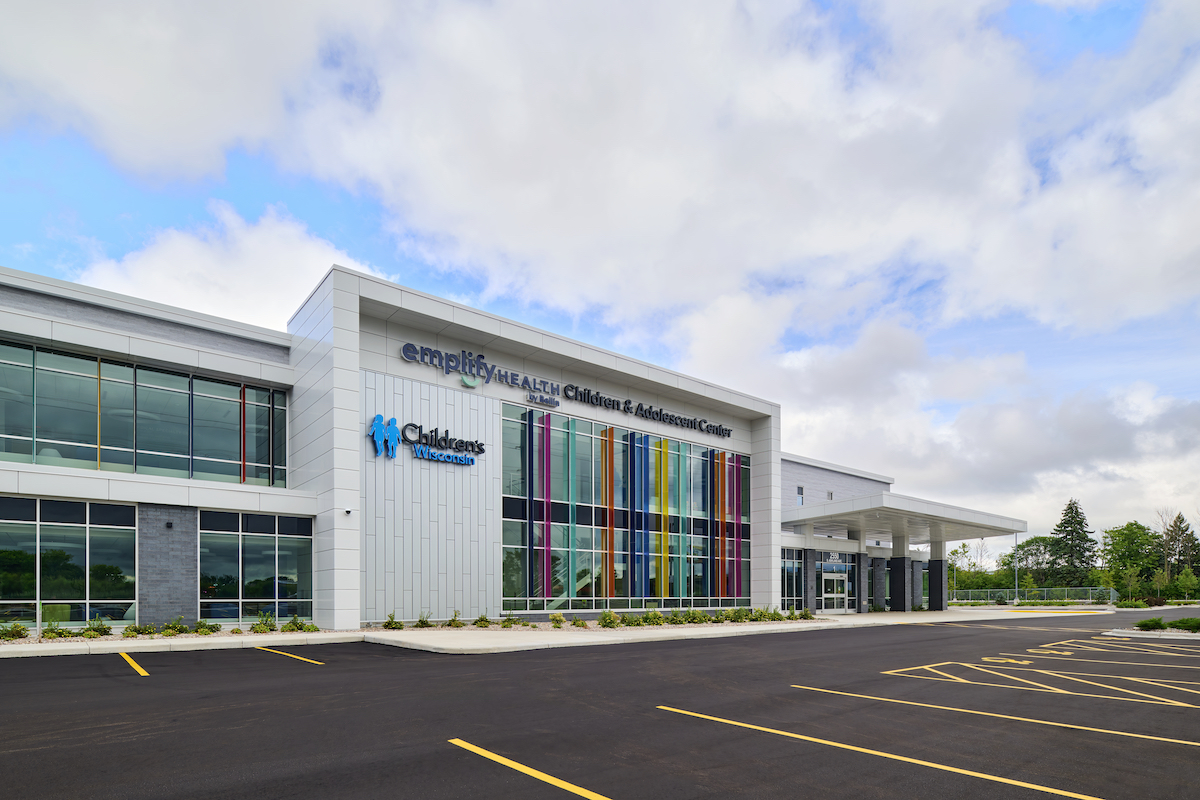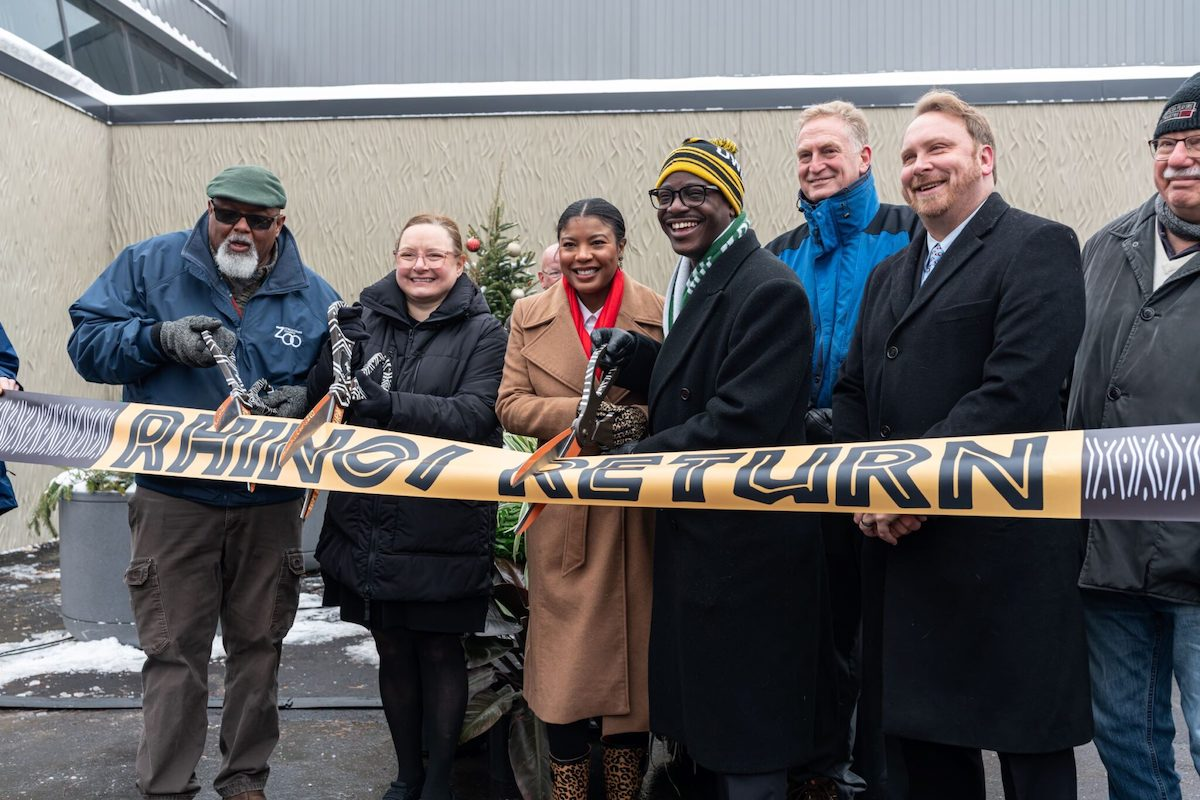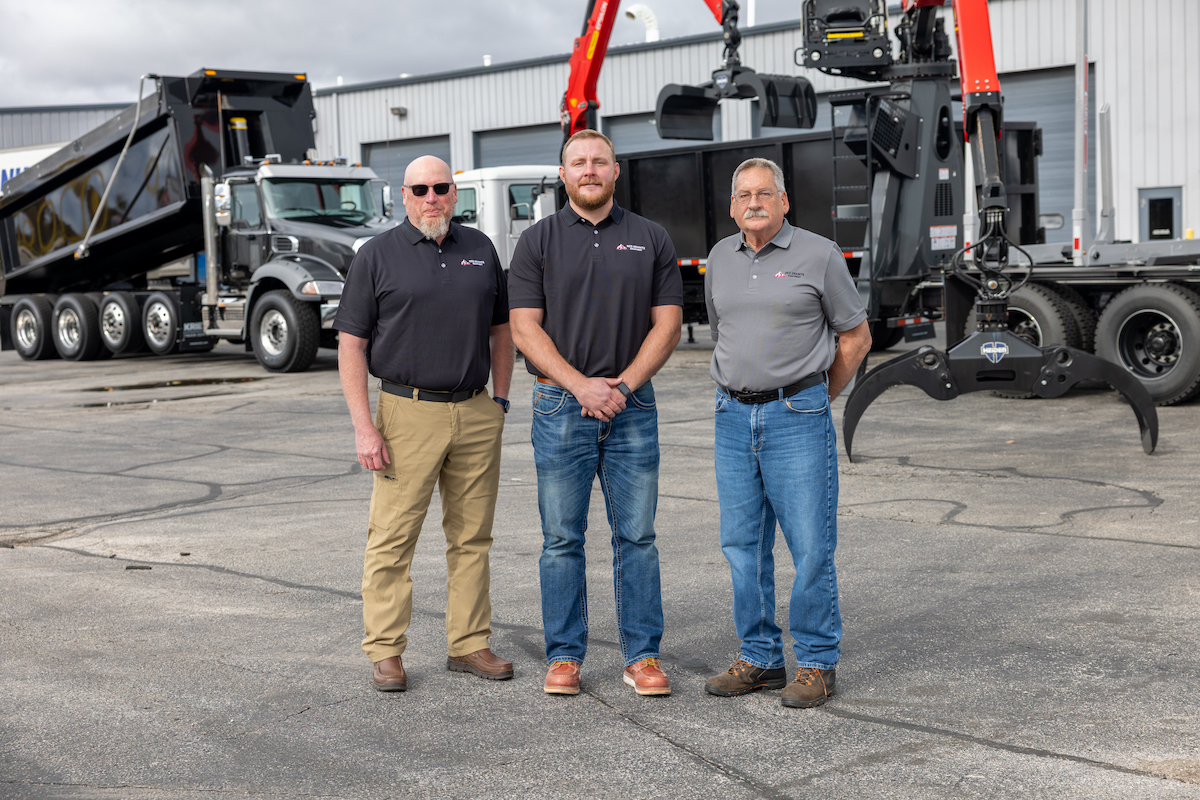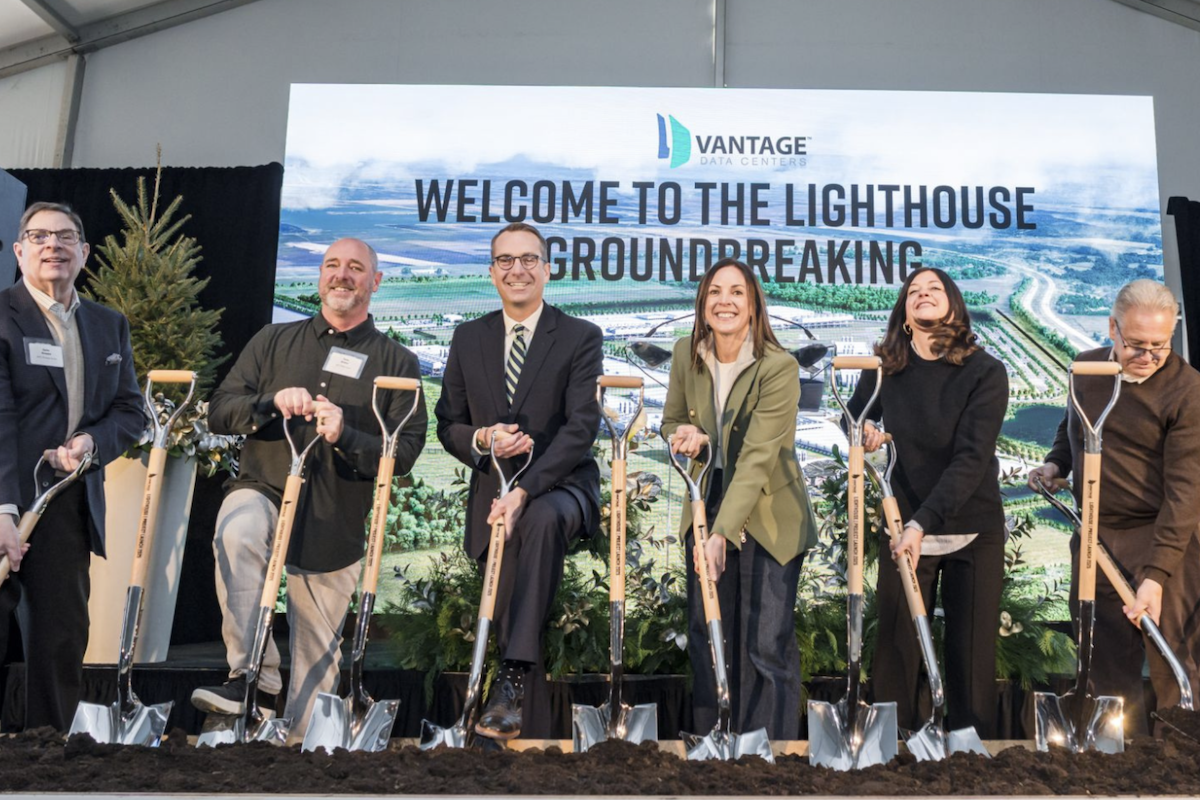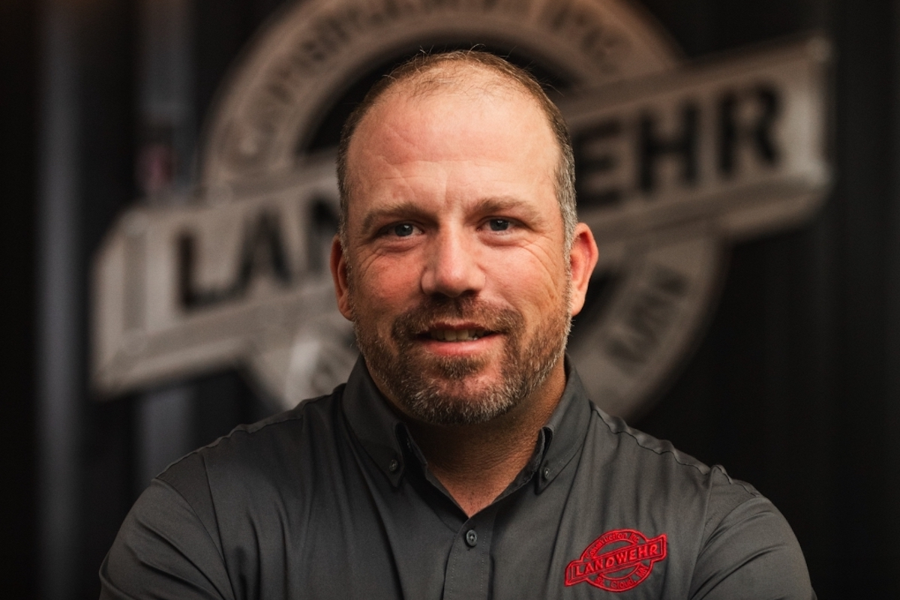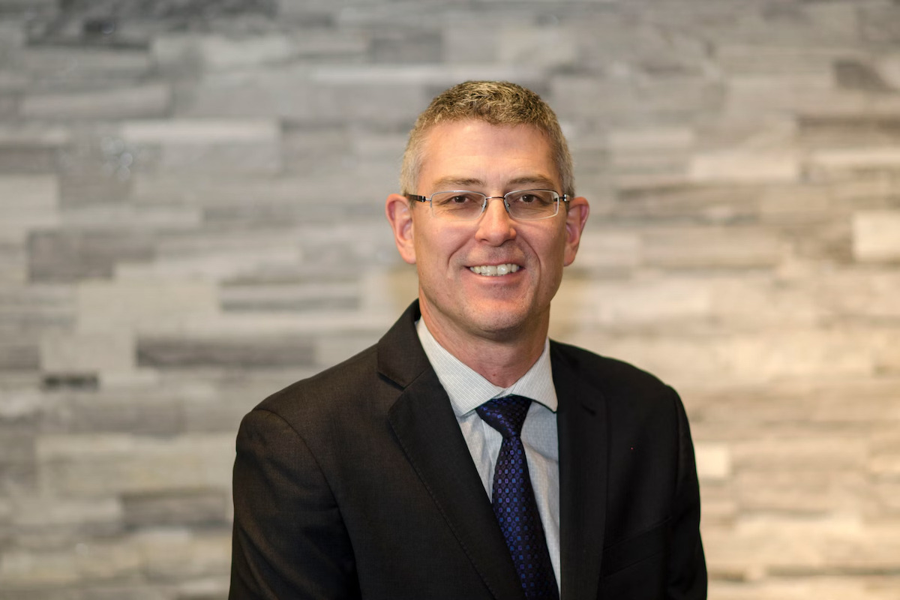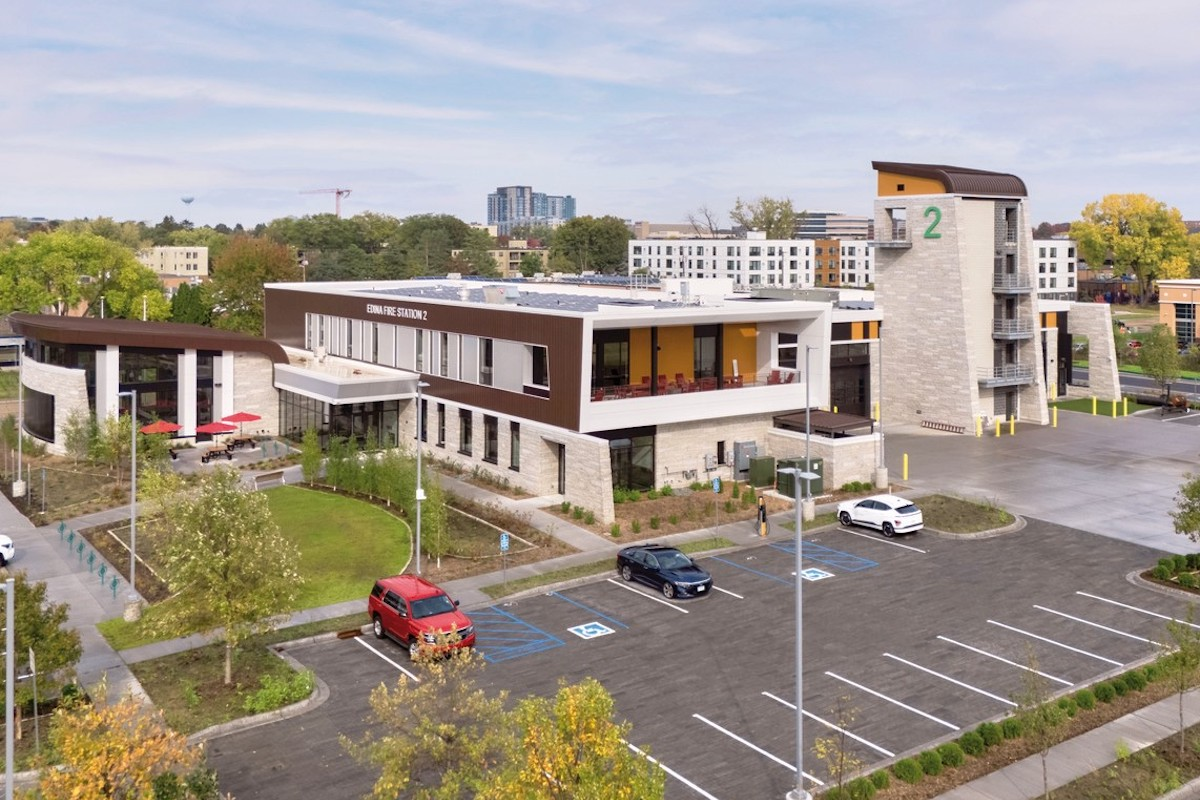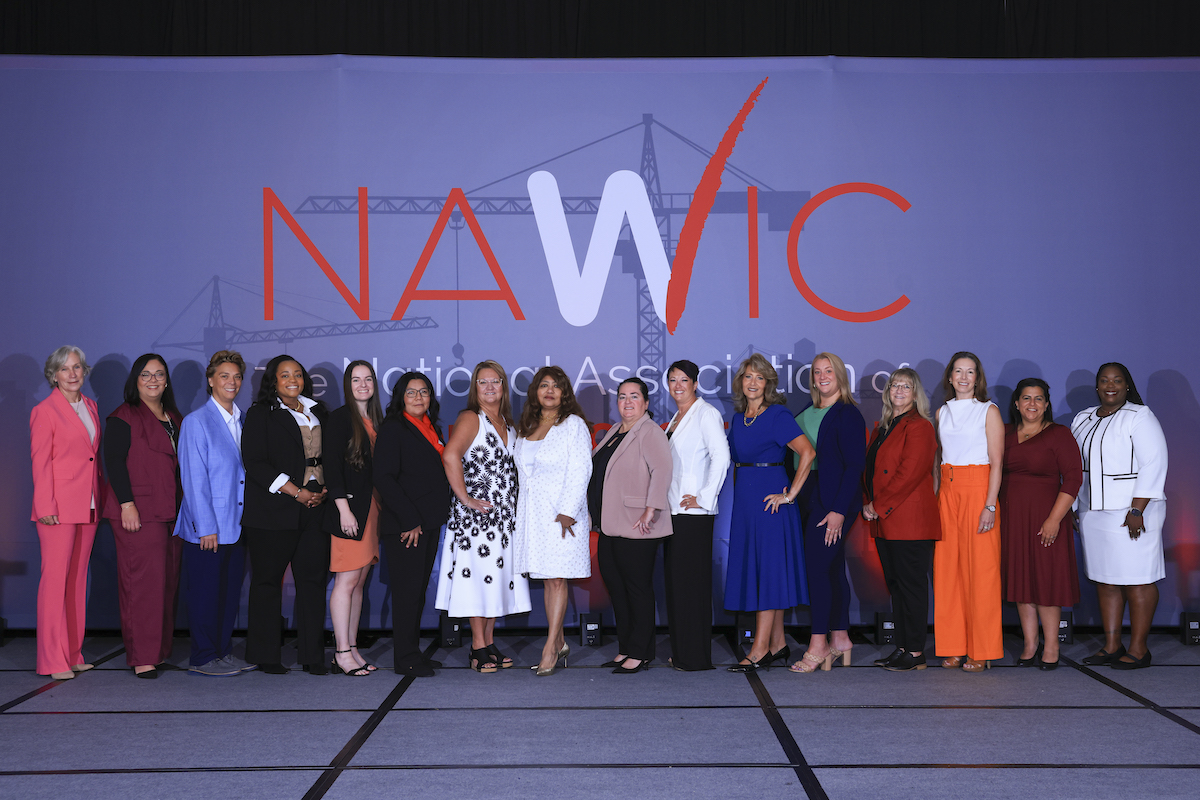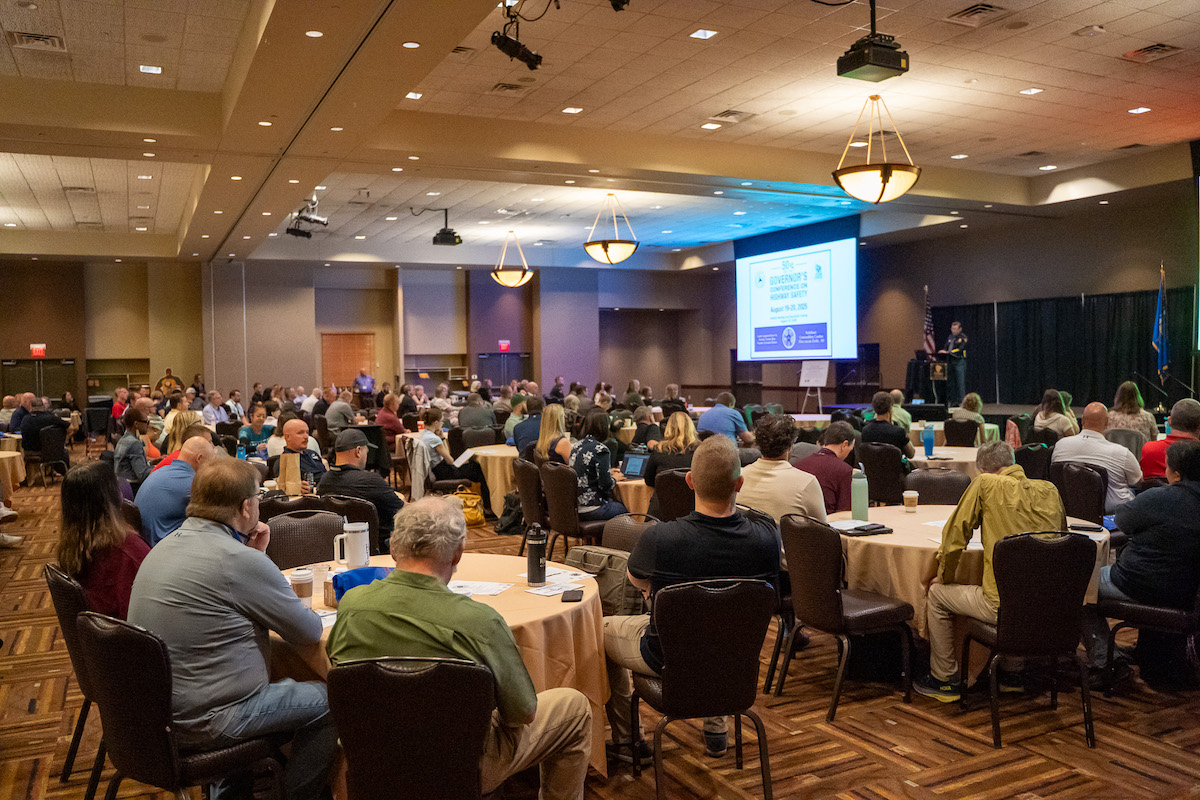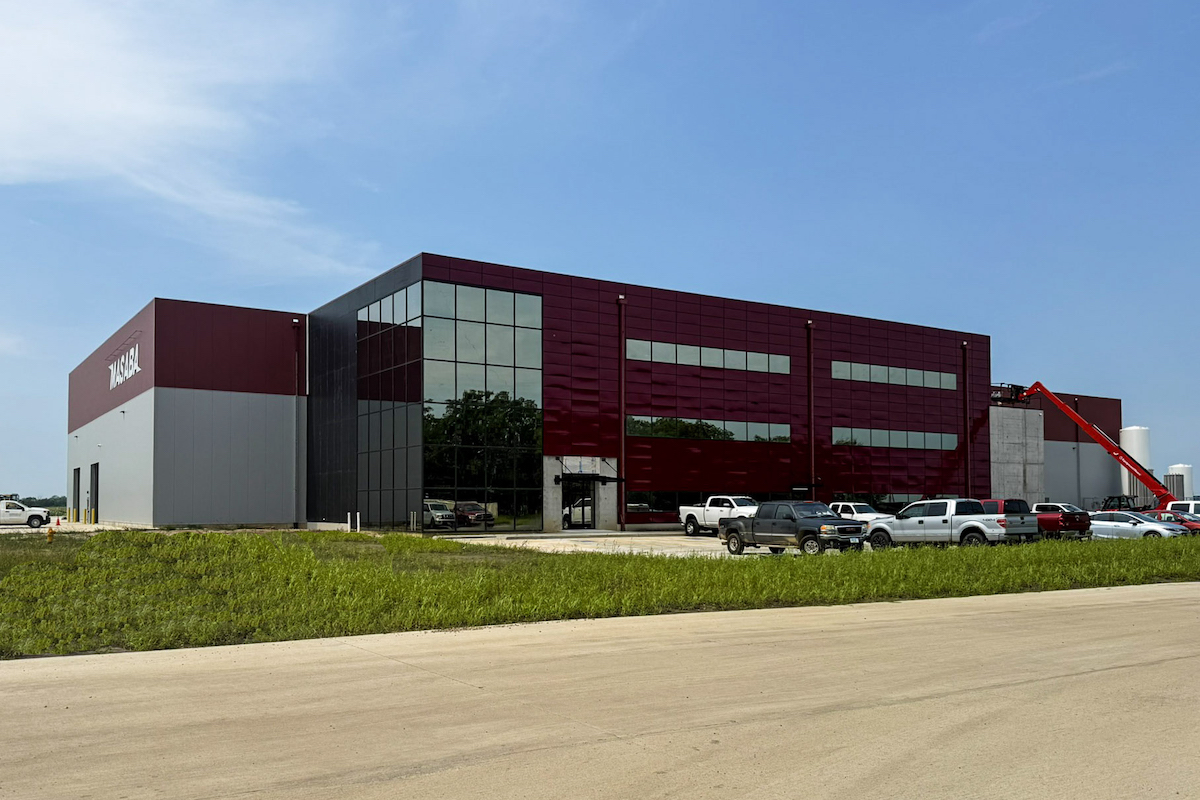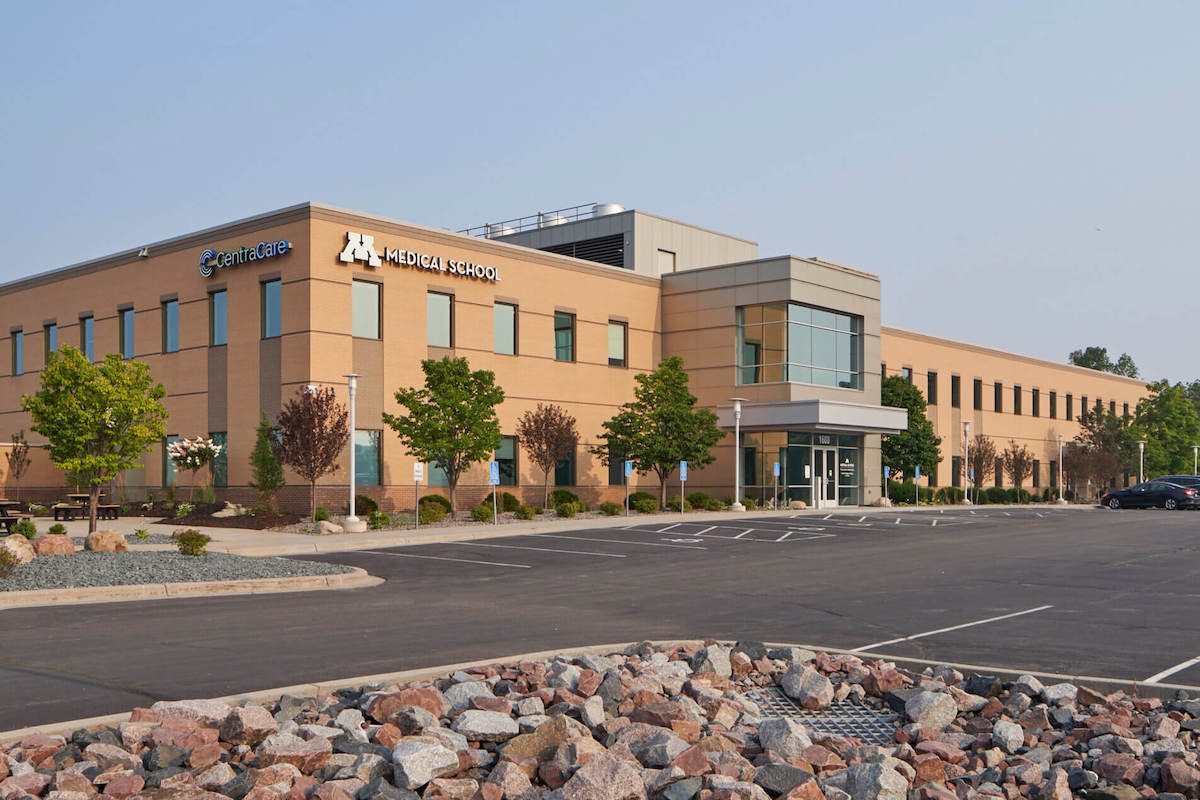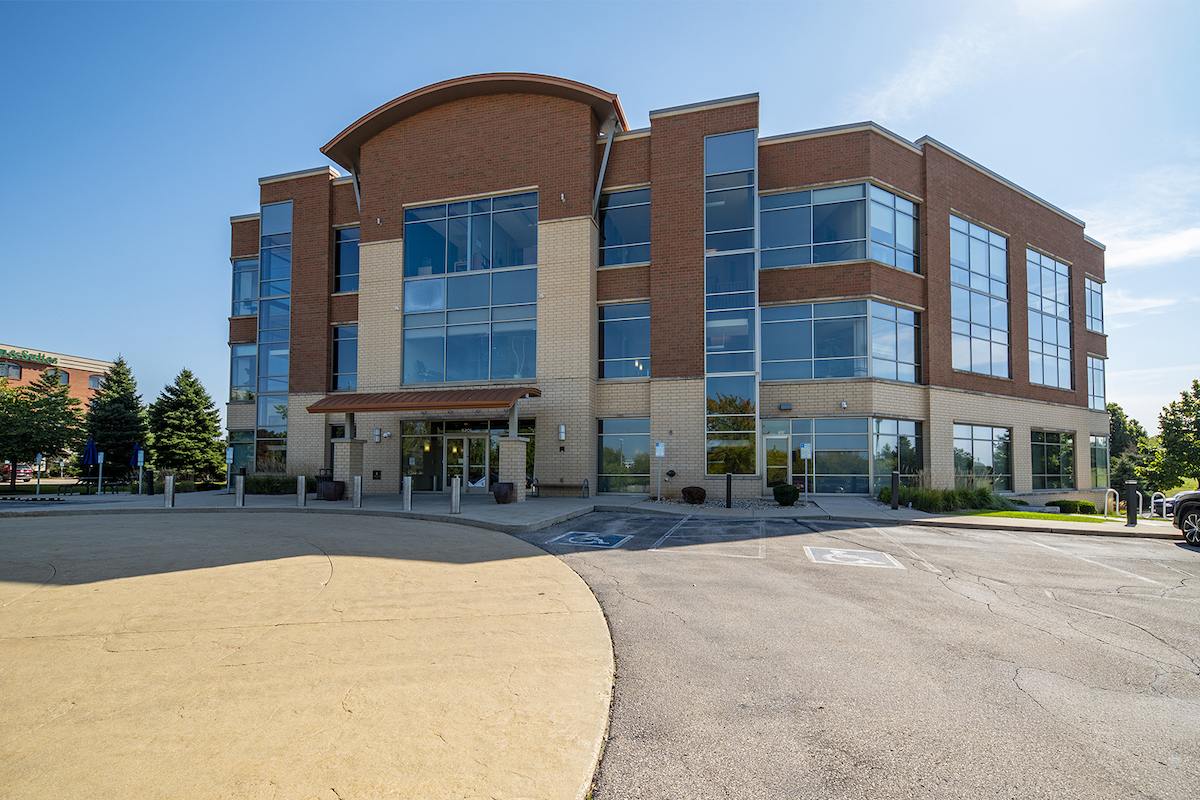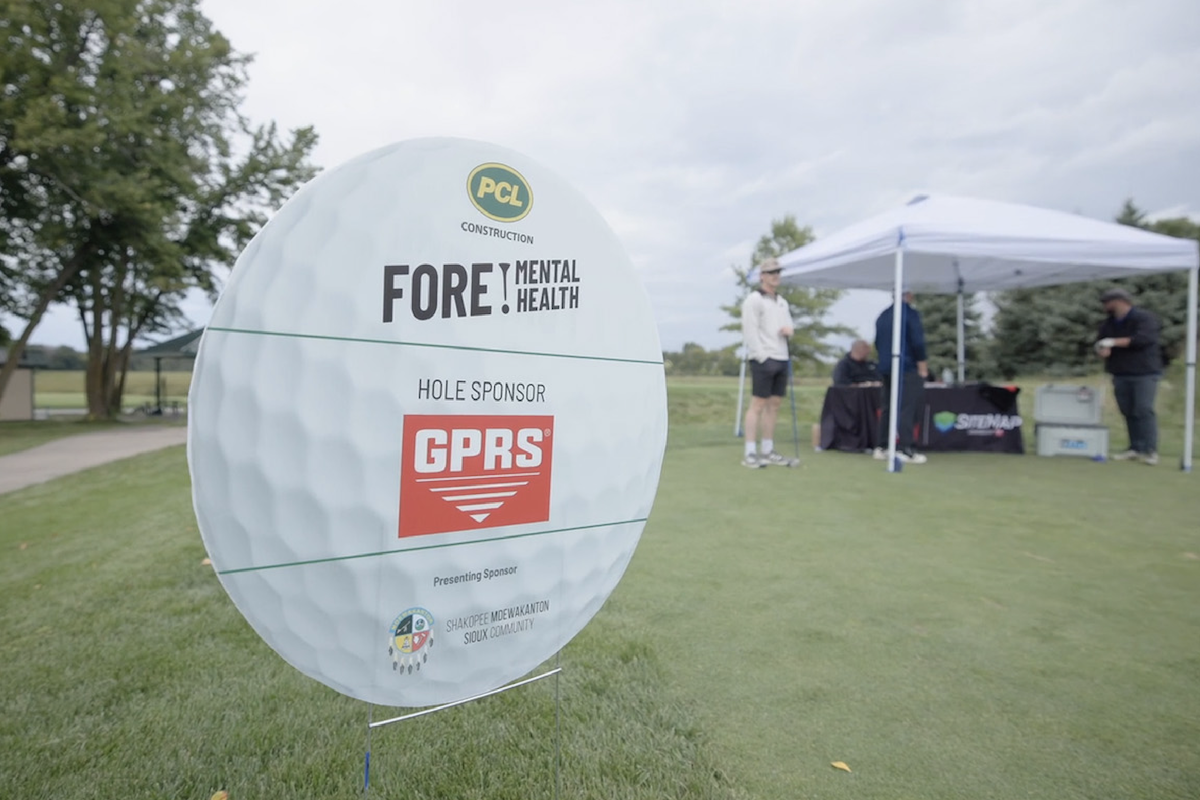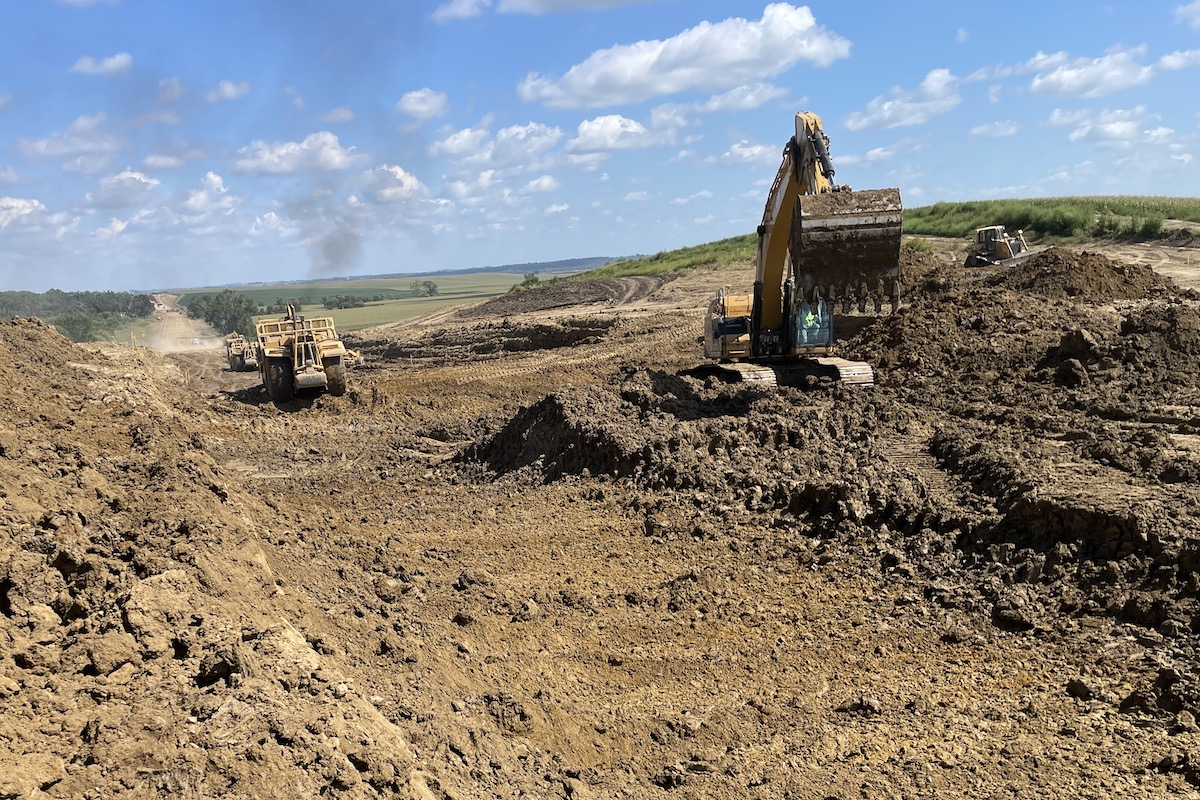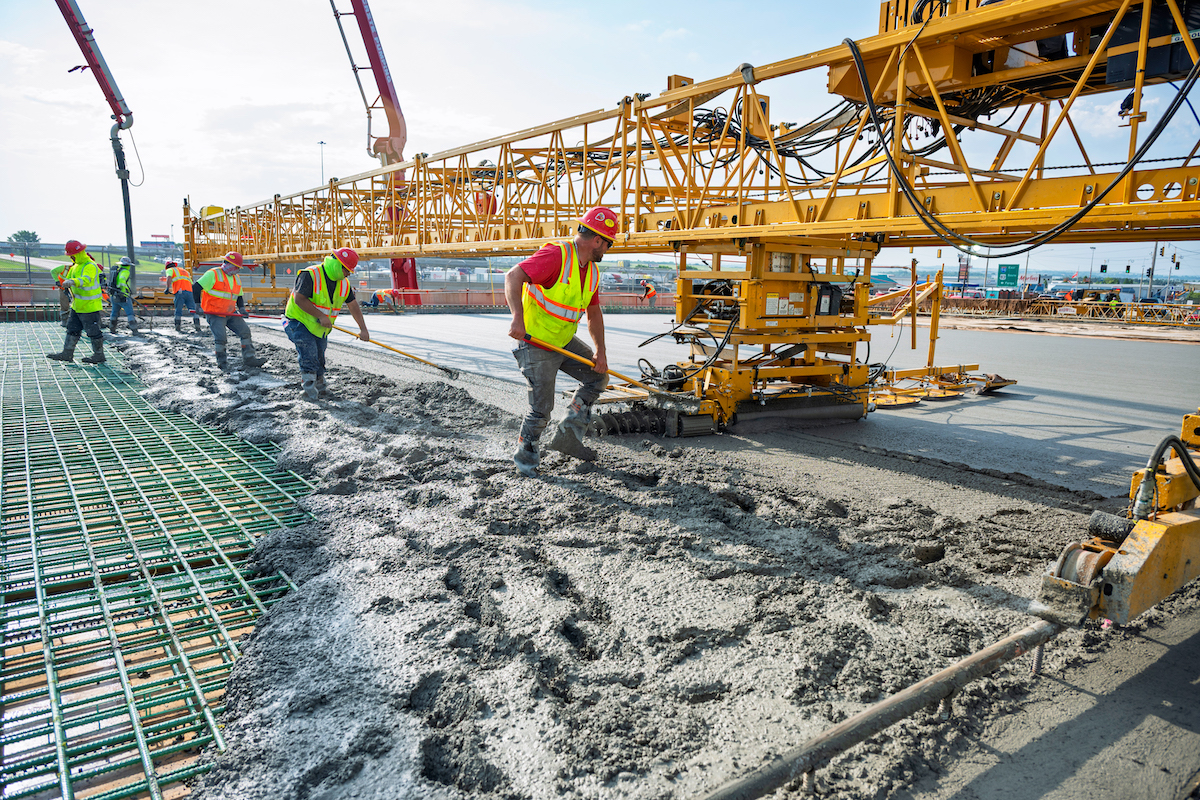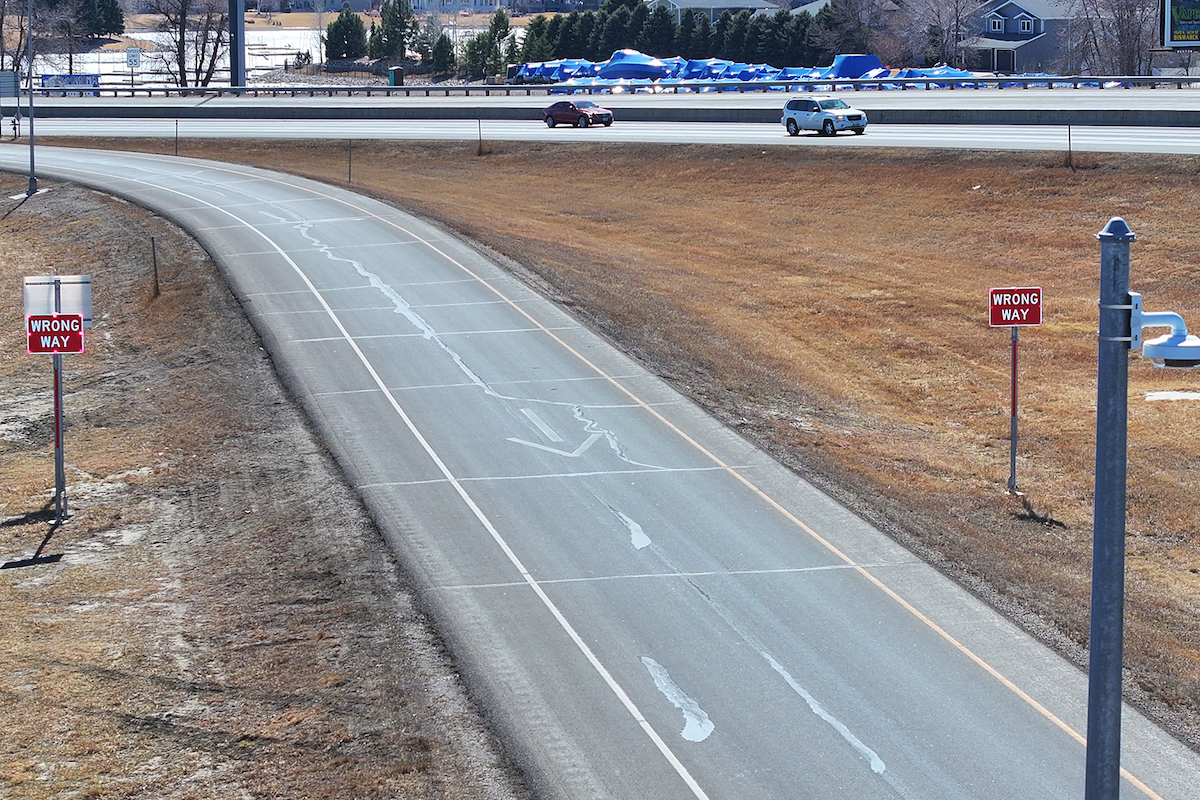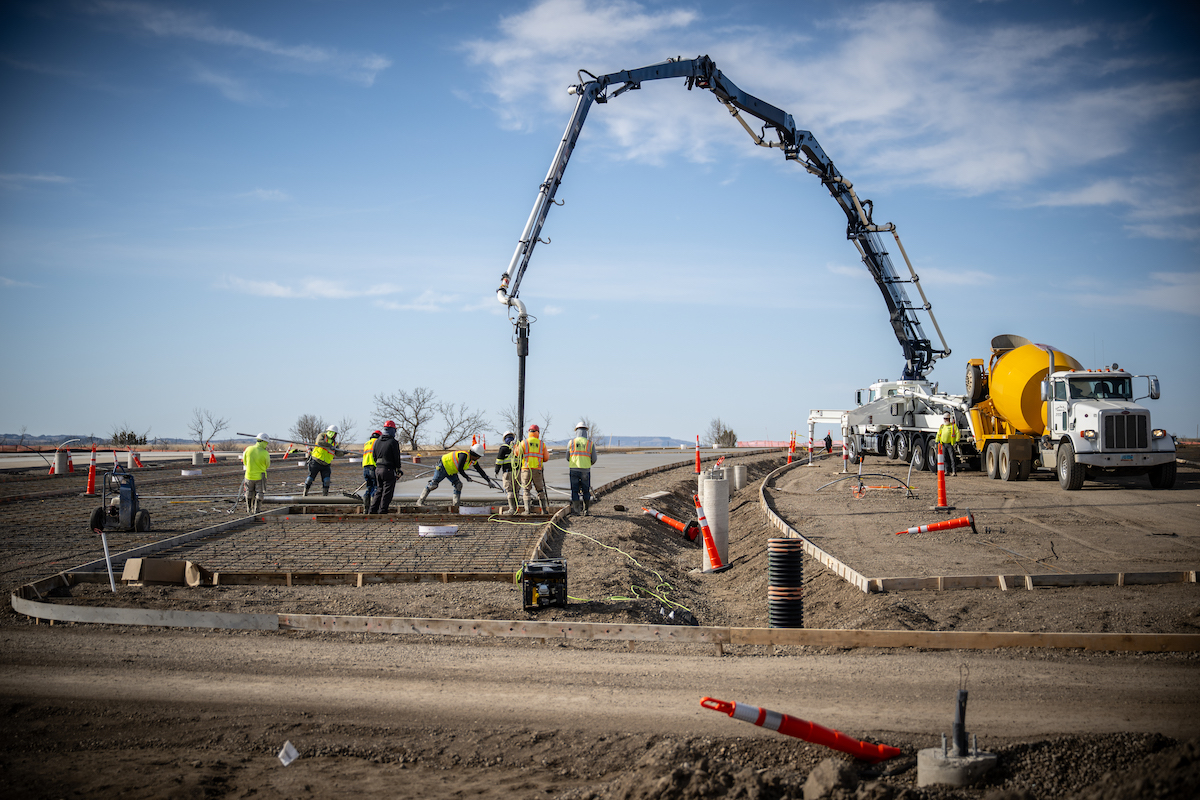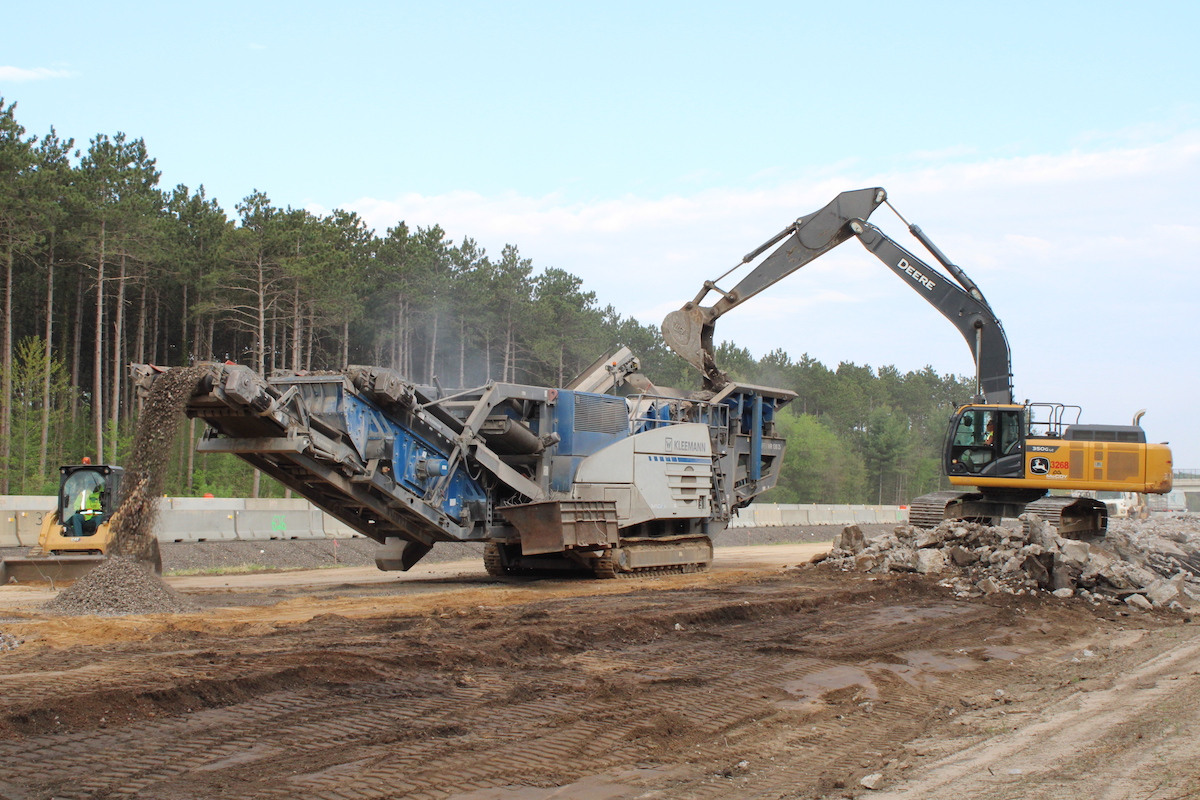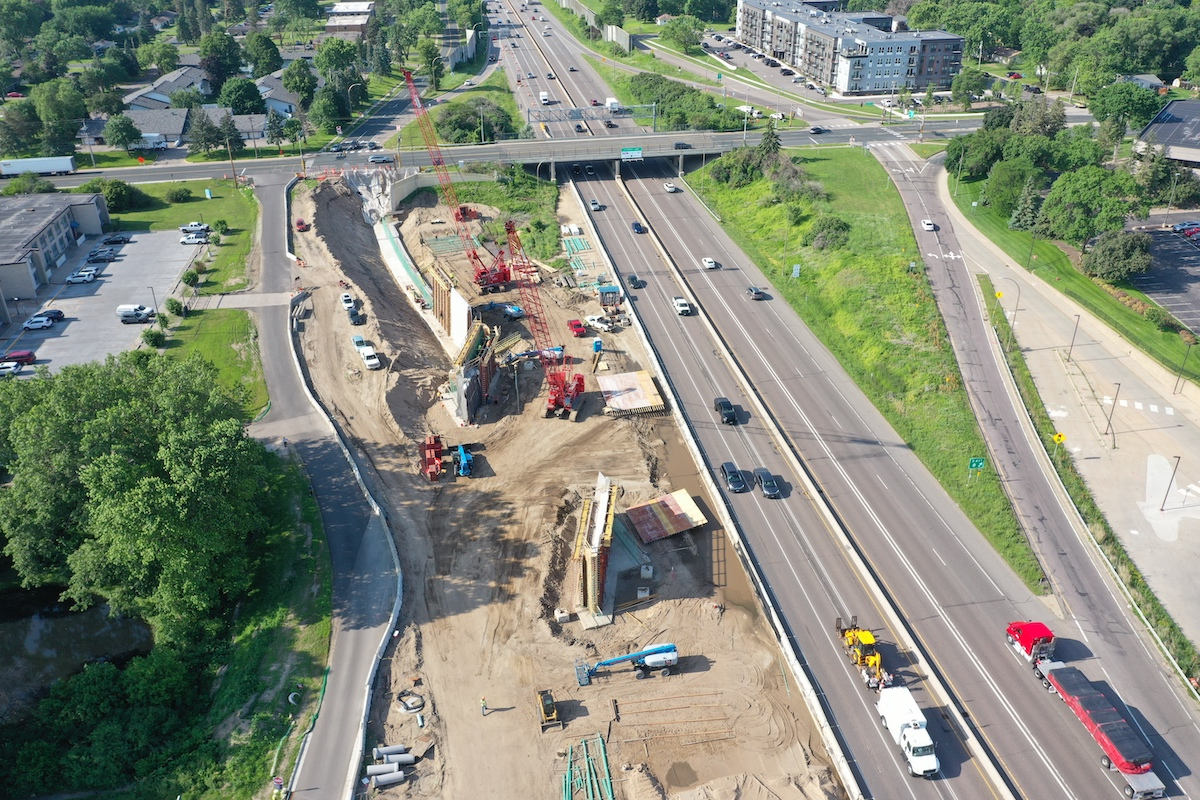When it comes to the various ways that contractors can improve safety, it is “important to have a solid program that covers the fundamentals, but that is just the minimum,” said D. Scott Risch, CSP, CHST, who recently took over as Vice President of Environmental, Health, and Safety for San Jose, California-based Rosendin Electric.
“As safety professionals, we tend to complicate the heck out of things,” Risch said. “Safety is simple: It’s about people. Focus on relationships.”
Risch brings more than 25 years of experience with a variety of companies in the global construction industry, including The Walsh Group, building cross-functional, multi-site teams dedicated to keeping workers safe. Below he shares his insights for building safe, collaborative work environments for construction employees and craft workers.
“There are several exciting things being experimented with in the tech space to identify performance extremes that are likely to lead to an incident,” he said. “It’s still rather early, so they are not cost-effective, and they are not comfortable. No one wants to look like a robot while working amongst their peers, and there are still trust issues to overcome.”

| Your local Komatsu America Corp dealer |
|---|
| Road Machinery and Supplies Company |
More information leads to better decisions. “By further utilizing data analysis to identify trends, we can prevent injuries for all workers, whether they are in an office or on a job site,” Risch said.
Risch also recommended that companies take an active role to grow a strong safety culture and connect employees around the value of making safety a personal choice.
“Growing a safety culture is not hard, but it takes continuous effort: effort to show up every day, to engage, to ask questions, to support, and to follow up,” he said.
“Never forget, safety is about people,” he said. “Early in my career there was a leader who would say, ‘Safety first, people always.’ I always admired that. Our firsts, seconds, and thirds often get jumbled when things get busy and life becomes hectic. His statement recognized that.”
Rosendin, the nation’s largest employee-owned electrical contracting company, was established in 1919 and now employs more than 7,500 people. D. Scott Risch joined the company in January 2024. He previously served as Director of Health, Safety, and Environmental for The Walsh Group – Walsh Construction and Archer Western, overseeing programs supporting $6 billion in construction services and focusing on improving the safety culture.
Early in his career, Risch served as a master licensed electrician and led field safety programs in Iraq as a contractor for the Department of Defense in support of Operation Enduring Freedom and Operation Iraqi Freedom. He holds certifications as a Construction Health and Safety Technician (CHST) and Certified Safety Professional (CSP). He earned a bachelor’s degree in occupational safety from Eastern Kentucky University in Richmond, Kentucky, and is completing an MBA program in construction management.















